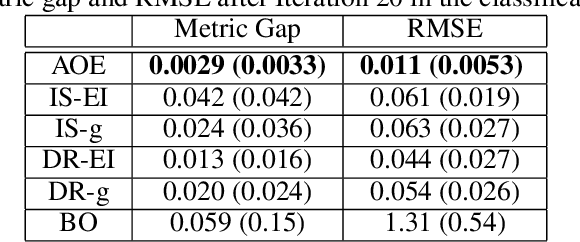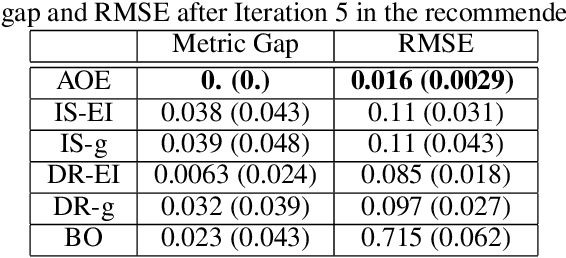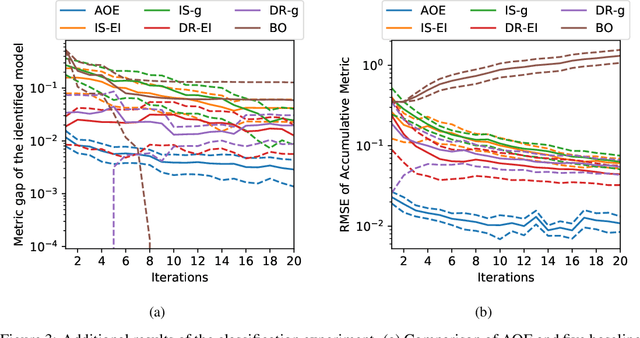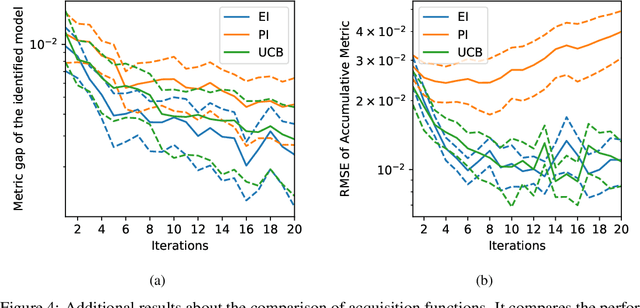Mounia Lalmas-Roelleke
Personalized Audiobook Recommendations at Spotify Through Graph Neural Networks
Mar 08, 2024Abstract:In the ever-evolving digital audio landscape, Spotify, well-known for its music and talk content, has recently introduced audiobooks to its vast user base. While promising, this move presents significant challenges for personalized recommendations. Unlike music and podcasts, audiobooks, initially available for a fee, cannot be easily skimmed before purchase, posing higher stakes for the relevance of recommendations. Furthermore, introducing a new content type into an existing platform confronts extreme data sparsity, as most users are unfamiliar with this new content type. Lastly, recommending content to millions of users requires the model to react fast and be scalable. To address these challenges, we leverage podcast and music user preferences and introduce 2T-HGNN, a scalable recommendation system comprising Heterogeneous Graph Neural Networks (HGNNs) and a Two Tower (2T) model. This novel approach uncovers nuanced item relationships while ensuring low latency and complexity. We decouple users from the HGNN graph and propose an innovative multi-link neighbor sampler. These choices, together with the 2T component, significantly reduce the complexity of the HGNN model. Empirical evaluations involving millions of users show significant improvement in the quality of personalized recommendations, resulting in a +46% increase in new audiobooks start rate and a +23% boost in streaming rates. Intriguingly, our model's impact extends beyond audiobooks, benefiting established products like podcasts.
Model Selection for Production System via Automated Online Experiments
May 27, 2021



Abstract:A challenge that machine learning practitioners in the industry face is the task of selecting the best model to deploy in production. As a model is often an intermediate component of a production system, online controlled experiments such as A/B tests yield the most reliable estimation of the effectiveness of the whole system, but can only compare two or a few models due to budget constraints. We propose an automated online experimentation mechanism that can efficiently perform model selection from a large pool of models with a small number of online experiments. We derive the probability distribution of the metric of interest that contains the model uncertainty from our Bayesian surrogate model trained using historical logs. Our method efficiently identifies the best model by sequentially selecting and deploying a list of models from the candidate set that balance exploration-exploitation. Using simulations based on real data, we demonstrate the effectiveness of our method on two different tasks.
 Add to Chrome
Add to Chrome Add to Firefox
Add to Firefox Add to Edge
Add to Edge